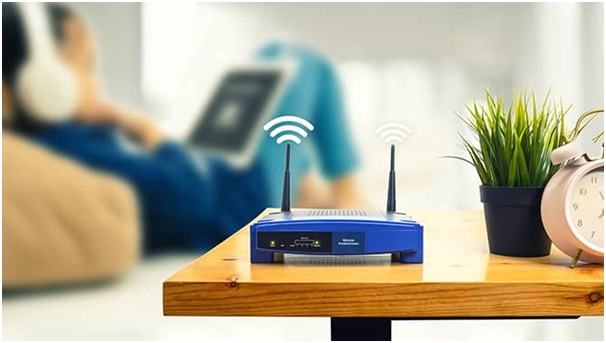Tips for Staying Safe Online
 |
| Proposed online 'safety' measures may do more harm than good , The Canberra Times Canberra, ACT |
Do you watch movies online? It’s
important to ensure you’re safe as you browse.
Every device that connects to the
internet is part of a large interconnected system. While the internet is a
place of endless opportunities, there are hackers who lurk online with
malicious intent. They pose a security threat that costs individuals and companies
billions of dollars.
For instance, in 2004, Sven
Jaschan, a German student once created a virus and released it to the web. The
worm halted operations of Delta Airlines’ system and damaged computers worth
millions globally. Therefore, if you stream movies or series online, use trusted sites like The Pirate Bay to
ensure that your browse safely as well as the following tips.
How To Avoid Malicious Content
Online?
Check all links before you click
Check all links to ensure they’re
trusted sites. Verify a company’s correct site by googling it. Most entities
attach their official website to their online content. You can hover over a
link to see a preview of the full link in a web browser’s status bar. A safe
link usually has a padlock at the start of an address. A link that starts with
HTTPS:// is secure and HTTP:// is insecure.
Fake links usually omit a word or have bad grammar and misspell a company’s name on their sites. These malicious links expose you to viruses that remotely control your computer, phishing, ransomware, and hacks. Notably, emails are more susceptible to such attacks so avoid opening emails from strangers. Additionally, log in to sites that aren’t prone to attacks since cybercriminals often use websites with offensive content to target victims.
Use secure Wifi connections
 |
| How to Secure Your Home Network |
Most public networks are insecure because they aren’t password encrypted. When you use such connections, avoid logging into accounts that require personal information. Hackers are notorious for hacking into public hotspots to spy on what unsuspecting users do online. You can also use a Virtual Private Network (VPN) to browse legally and securely. However, you’ll have to put up with a slower internet connection because VPNs route connections to several servers to secure your data.
Use antivirus and firewalls
Install a great antivirus and update it continuously to protect you as you browse. Back your data up occasionally to protect it. In case of a virus infection, you can easily restore your information.
On the other hand, firewalls are
virtual walls that track traffic within a company’s network. Unauthorized incoming
traffic triggers an alarm and blocks hackers. Turn on automatic updates to keep
anti-malware software ready to fight off the latest hacking techniques.
Set strong and complex passwords
There’s a popular list of common
passwords online that prove hackers have an easy time because we set easy
logins. To set your password, use a minimum of 15 characters with a mix of
upper and lower cases. Avoid substituting letters with similar-looking numbers
or symbols. Similarly, don’t share personal information that answers critical
security questions. Clear your browsing history and cookies frequently. Hackers
use such data to access confidential information. You can also store your
passwords in a password manager.
Turn off your Bluetooth connection
Switch off your Bluetooth if
you’re not transferring data. Researchers found that hackers can hack this
feature. They can exploit a vulnerability in its connection to alter the
content of nearby Bluetooth devices.
Log in with two-factor authentication
%20as%20secure%20as%20it%20seems%20%20Malwarebytes%20%20Labs.png)
Is two-factor authentication (2FA) as secure as it seems? | Malwarebytes Labs
This step asks you to verify your
identity after you’ve logged in through a short code sent to your phone as a
text or email. A site may also ask you to answer your security questions.
Two-step verifications take time but they protect you online as you log in to
your accounts.
Watch out for scams
Update yourself on the latest scams in cybercrime. According to National Cybersecurity Alliance, online romance scams are more prevalent in the U.S. Report scammers to relevant authorities and stay vigilant. Lastly, install parental control on your network connections to protect your children from scams too because they are more susceptible to strangers online.
Conclusion
Cybercriminals lurk in the shadows
of the internet. You should protect yourself from online hacks through security
measures like using an antivirus before you browse. You must also update your
apps to stay at par with the dynamic world of the dark web.












No comments
Note: Only a member of this blog may post a comment.